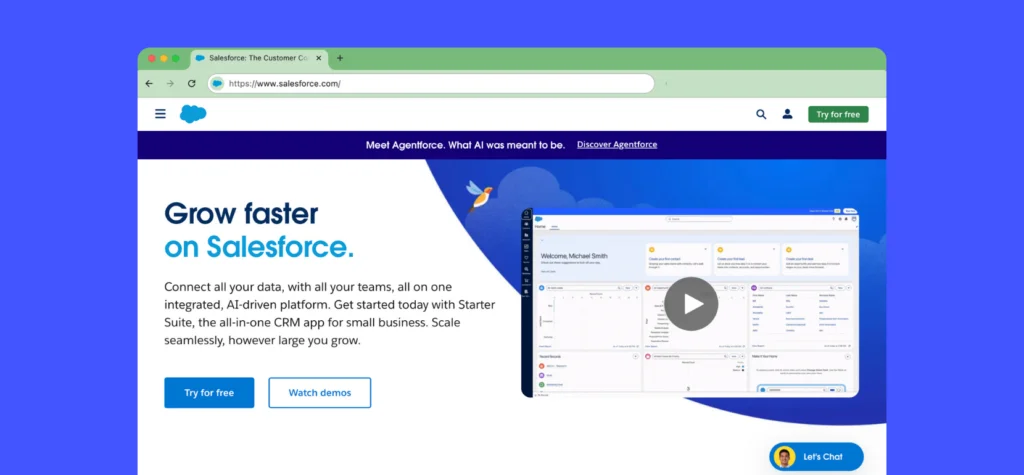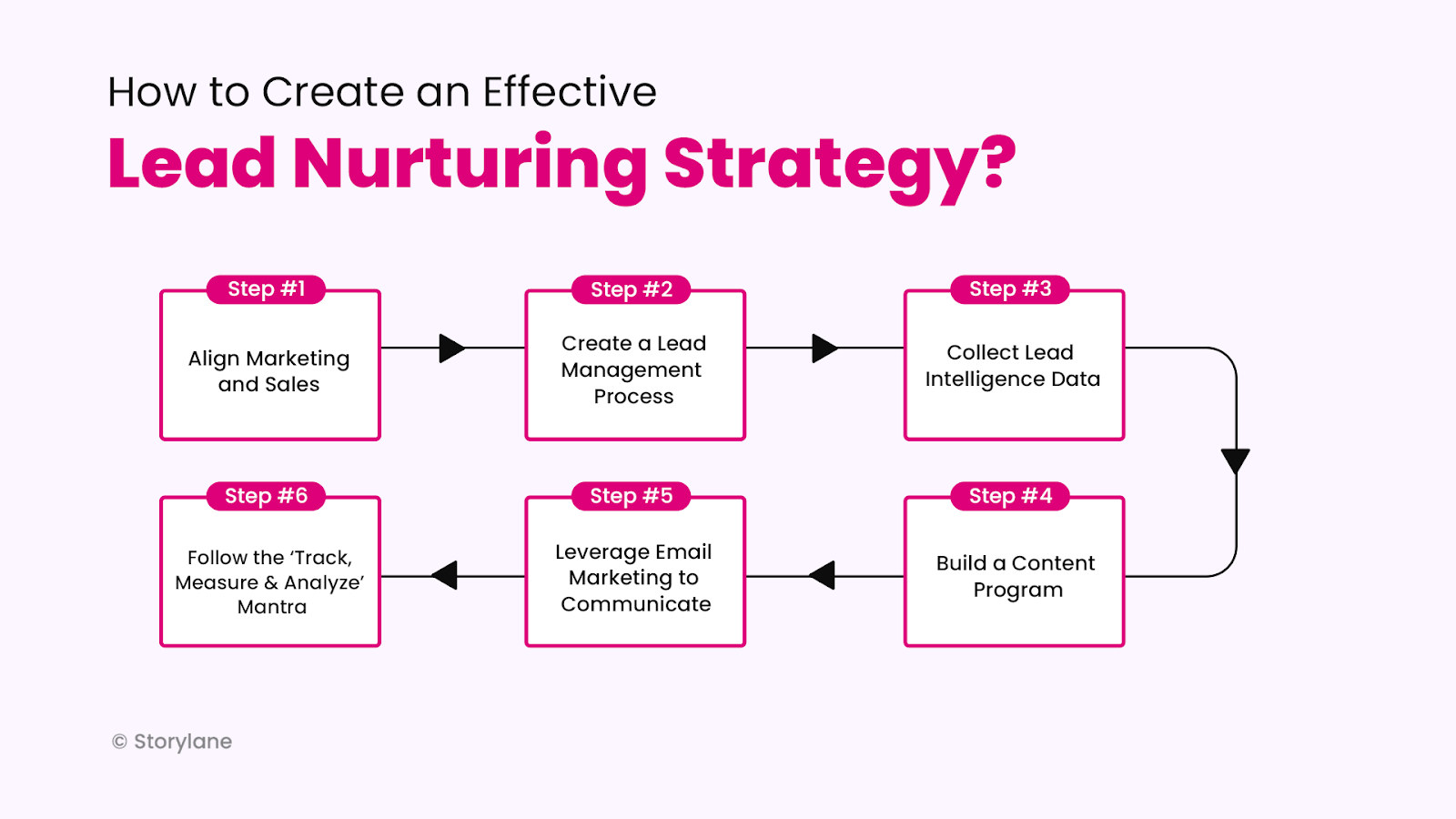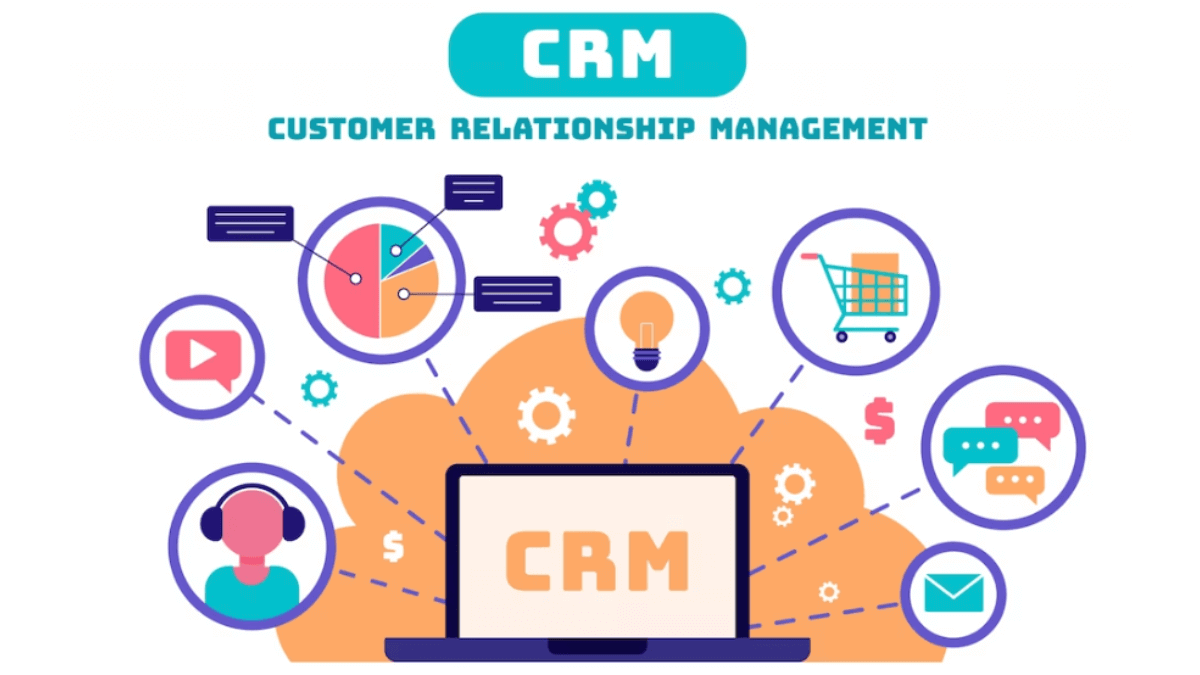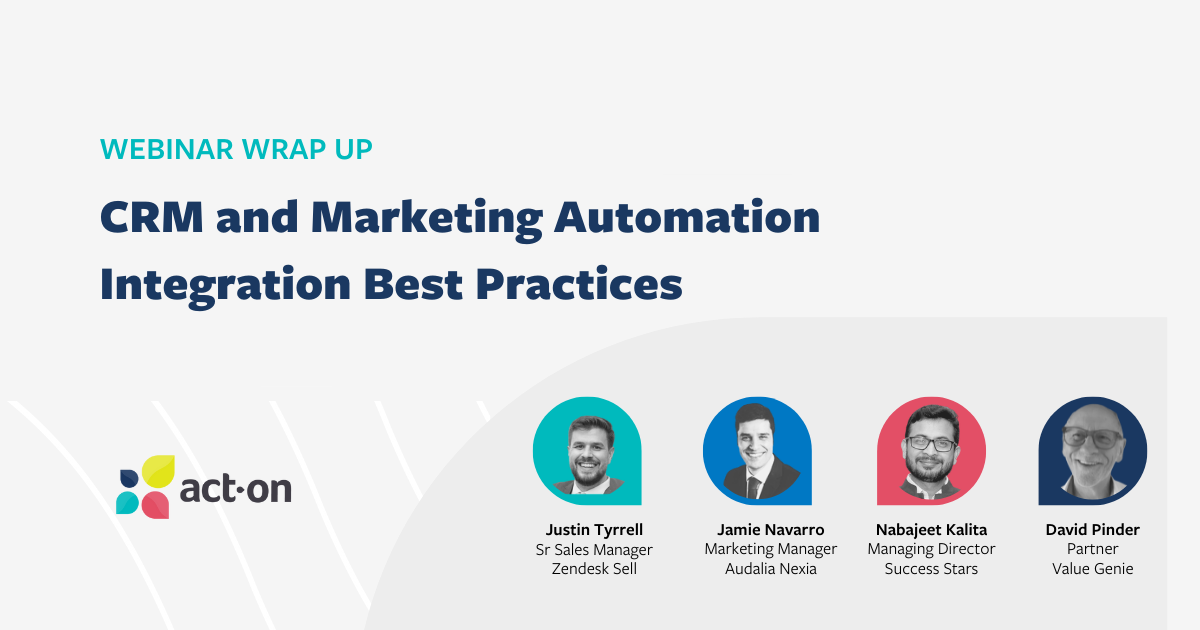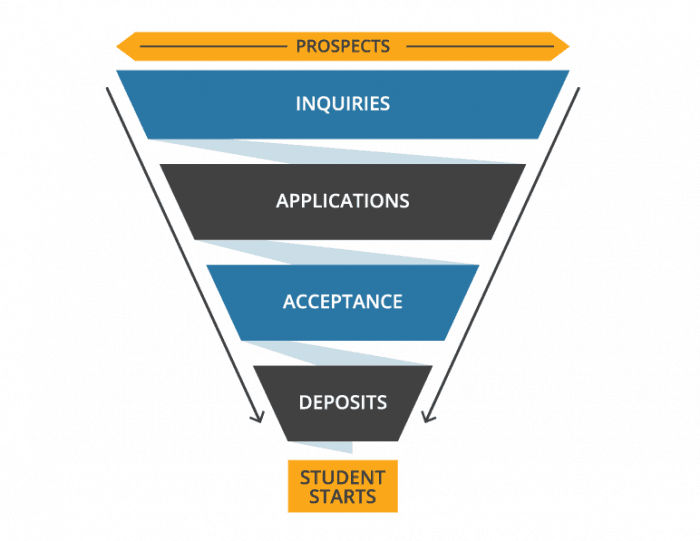Small Business CRM for Beginners: Your Ultimate Guide to Customer Relationship Management
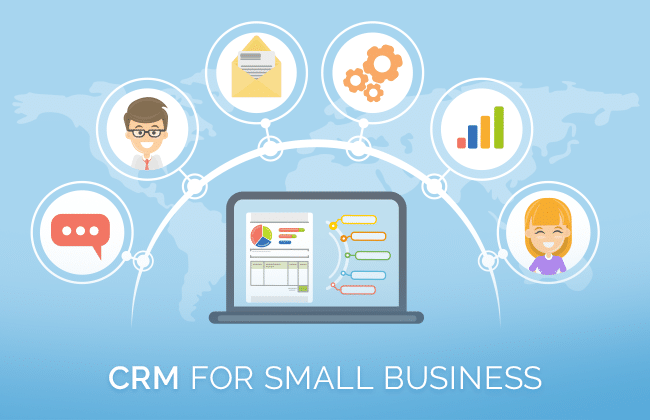
Small Business CRM for Beginners: Your Ultimate Guide to Customer Relationship Management
Starting a small business is a thrilling adventure, filled with the promise of turning your passion into profit. But as your business grows, so does the complexity of managing your customers. That’s where a Customer Relationship Management (CRM) system comes in. This guide is designed for beginners, breaking down everything you need to know about CRM and how it can revolutionize your small business.
What is a CRM System?
At its core, a CRM system is a software solution that helps businesses manage their interactions with current and potential customers. Think of it as a central hub for all your customer-related information. Instead of juggling spreadsheets, sticky notes, and scattered emails, a CRM consolidates everything in one accessible place. This includes contact information, communication history, sales opportunities, and much more.
A well-implemented CRM system can significantly improve your business operations. It helps you:
- Enhance Customer Relationships: By providing a 360-degree view of each customer, you can personalize your interactions and build stronger relationships.
- Boost Sales: CRM systems streamline the sales process, helping you identify and nurture leads, track deals, and close more sales.
- Improve Efficiency: Automate repetitive tasks, saving you time and resources.
- Make Data-Driven Decisions: CRM provides valuable insights into customer behavior and sales performance, allowing you to make informed decisions.
- Increase Customer Satisfaction: By providing better service and support, you can increase customer satisfaction and loyalty.
Why Your Small Business Needs a CRM
You might be thinking, “I’m a small business, do I really need a CRM?” The answer is a resounding yes! Here’s why:
Growth and Scalability: As your business expands, manually managing customer data becomes increasingly difficult. A CRM system is designed to scale with your business, ensuring you can manage your customer relationships effectively, regardless of your size.
Improved Organization: CRM systems eliminate the chaos of scattered information. Everything is centralized, making it easier to find what you need, when you need it.
Better Communication: With a CRM, you can track all communication with customers, ensuring that everyone on your team is on the same page. This leads to more consistent and effective communication.
Increased Sales Opportunities: CRM systems help you identify and nurture leads, track sales opportunities, and ultimately close more deals.
Data-Driven Insights: CRM systems provide valuable data and analytics, helping you understand your customers better and make informed business decisions.
Key Features of a CRM System
While the specific features vary depending on the CRM system, here are some of the core functionalities you can expect:
Contact Management
This is the foundation of any CRM. It allows you to store and manage customer contact information, including names, addresses, phone numbers, email addresses, and social media profiles. You can also add notes, tags, and custom fields to capture specific details about each customer.
Lead Management
CRM systems help you manage your leads, from initial contact to conversion. You can track lead sources, qualify leads, and nurture them through the sales pipeline. Features include lead scoring, automated follow-up emails, and sales pipeline visualization.
Sales Automation
Sales automation features streamline the sales process, saving you time and effort. This includes automating tasks like sending emails, scheduling appointments, and generating quotes. You can also track sales performance and identify areas for improvement.
Marketing Automation
Many CRM systems offer marketing automation features, such as email marketing, social media integration, and lead nurturing. This allows you to automate your marketing campaigns, track your results, and improve your overall marketing effectiveness.
Reporting and Analytics
CRM systems provide valuable insights into your sales and marketing performance. You can generate reports on key metrics, such as sales revenue, conversion rates, and customer satisfaction. This data helps you make informed decisions and improve your business operations.
Customer Support
Some CRM systems include customer support features, such as help desk ticketing, knowledge base management, and live chat. This allows you to provide excellent customer service and resolve issues quickly and efficiently.
Choosing the Right CRM for Your Small Business
Selecting the right CRM system can feel overwhelming, but it doesn’t have to be. Here’s a step-by-step guide to help you choose the best CRM for your needs:
1. Define Your Needs
Before you start evaluating CRM systems, take some time to define your specific needs. Consider the following questions:
- What are your business goals? What do you hope to achieve with a CRM system?
- What are your current pain points? What challenges are you facing in managing your customer relationships?
- What features do you need? Make a list of the essential features you require, such as contact management, lead management, and sales automation.
- What is your budget? Determine how much you are willing to spend on a CRM system.
- How many users will need access? Consider the number of employees who will be using the CRM.
2. Research Different CRM Systems
Once you have a clear understanding of your needs, start researching different CRM systems. Here are some popular options for small businesses:
- Zoho CRM: A comprehensive and affordable CRM system with a wide range of features.
- HubSpot CRM: A free CRM system with powerful features and excellent marketing automation capabilities.
- Salesforce Sales Cloud: A robust CRM system with advanced features, suitable for growing businesses.
- Pipedrive: A sales-focused CRM system that is easy to use and visually appealing.
- Insightly: A CRM system designed for small businesses with a focus on project management.
Read reviews, compare features, and see how each system aligns with your needs.
3. Consider Your Budget
CRM systems come in a variety of pricing models, including free, freemium, and subscription-based. Consider your budget and choose a system that fits your financial constraints. Free CRM systems can be a great starting point, but they may have limited features. Subscription-based systems typically offer more features and scalability.
4. Evaluate Ease of Use
Choose a CRM system that is easy to use and navigate. Consider the user interface, the learning curve, and the availability of training resources. A user-friendly system will save you time and frustration.
5. Assess Integrations
Make sure the CRM system integrates with the other tools you use, such as your email marketing software, accounting software, and social media platforms. Integrations will streamline your workflow and improve efficiency.
6. Test the System
Many CRM systems offer free trials or demos. Take advantage of these opportunities to test the system and see if it meets your needs. Try out different features, add data, and see how it works for your business.
7. Consider Customer Support
Choose a CRM system that offers good customer support. Look for options like online documentation, tutorials, email support, and phone support. Reliable customer support is essential if you encounter any issues.
Getting Started with Your CRM
Once you’ve selected your CRM system, it’s time to get started. Here’s a step-by-step guide to help you get up and running:
1. Data Migration
If you’re already using a system to manage your customer data, you’ll need to migrate that data to your new CRM. Most CRM systems offer data import tools that allow you to upload your data from spreadsheets or other sources. Make sure your data is clean and organized before importing it.
2. Customization
Customize your CRM system to meet your specific needs. This may include adding custom fields, creating custom views, and configuring workflows. Take the time to configure the system to match your business processes.
3. Training
Provide training to your team on how to use the CRM system. Offer training sessions, create user guides, and provide ongoing support. Proper training is crucial for ensuring that your team can effectively use the CRM system.
4. Implementation
Start using the CRM system and encourage your team to adopt it. Set clear expectations and monitor usage. Provide feedback and support to help your team use the system effectively.
5. Ongoing Optimization
Regularly review and optimize your CRM system. Identify areas for improvement, such as streamlining workflows or adding new features. Keep your CRM system up-to-date with the latest features and best practices.
Tips for CRM Success
Here are some tips to help you get the most out of your CRM system:
- Clean Data: Maintain clean and accurate data in your CRM system. Regularly review and update your data to ensure its accuracy.
- User Adoption: Encourage your team to use the CRM system. Make it easy for them to use and provide ongoing support.
- Regular Training: Provide regular training to your team on how to use the CRM system.
- Automation: Automate repetitive tasks to save time and effort.
- Reporting: Regularly review your CRM data and generate reports to track your progress.
- Integration: Integrate your CRM system with other tools you use, such as email marketing software and accounting software.
- Review and Adapt: Continuously review and adapt your CRM system to meet your changing needs.
Troubleshooting Common CRM Challenges
Even with the best CRM system, you may encounter some challenges. Here are some common issues and how to address them:
Low User Adoption
If your team isn’t using the CRM system, it won’t be effective. To address this, provide training, make the system easy to use, and set clear expectations. Highlight the benefits of using the CRM and provide ongoing support.
Data Quality Issues
Poor data quality can lead to inaccurate reports and ineffective decision-making. To improve data quality, implement data validation rules, regularly review your data, and encourage your team to enter data accurately.
Integration Problems
If your CRM system isn’t integrating with your other tools, it can disrupt your workflow. To address this, ensure that your CRM system is compatible with your other tools and that the integrations are properly configured. Contact the CRM vendor’s support team if you encounter any issues.
Lack of Customization
If your CRM system isn’t customized to meet your specific needs, it may not be as effective. To address this, take the time to customize your CRM system to match your business processes. Add custom fields, create custom views, and configure workflows.
The Future of CRM for Small Businesses
The future of CRM for small businesses is bright. As technology continues to evolve, CRM systems will become even more powerful and accessible. Here are some trends to watch:
- Artificial Intelligence (AI): AI-powered CRM systems will provide even more insights into customer behavior and automate more tasks.
- Mobile CRM: Mobile CRM systems will become even more important, allowing you to access your CRM data and manage your customer relationships on the go.
- Personalization: CRM systems will become even better at personalizing customer interactions, leading to stronger customer relationships.
- Integration: CRM systems will continue to integrate with other tools, streamlining your workflow and improving efficiency.
Conclusion
A CRM system is an invaluable tool for small businesses. It helps you manage your customer relationships, boost sales, improve efficiency, and make data-driven decisions. By following the tips in this guide, you can choose the right CRM system for your business and get started on the path to success. Embrace the power of CRM and watch your business flourish! Don’t wait; start exploring the world of CRM today, and watch your business thrive.

